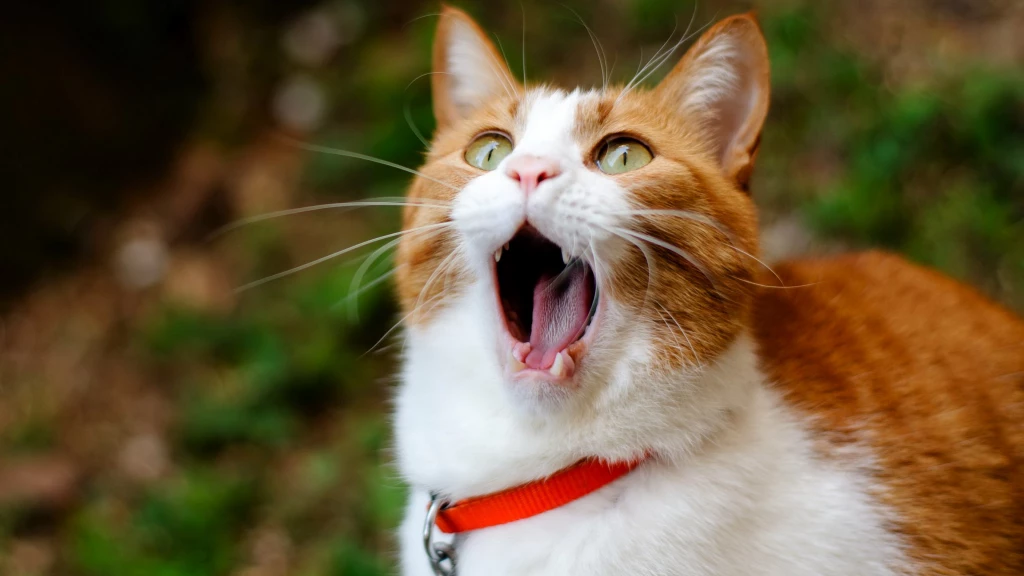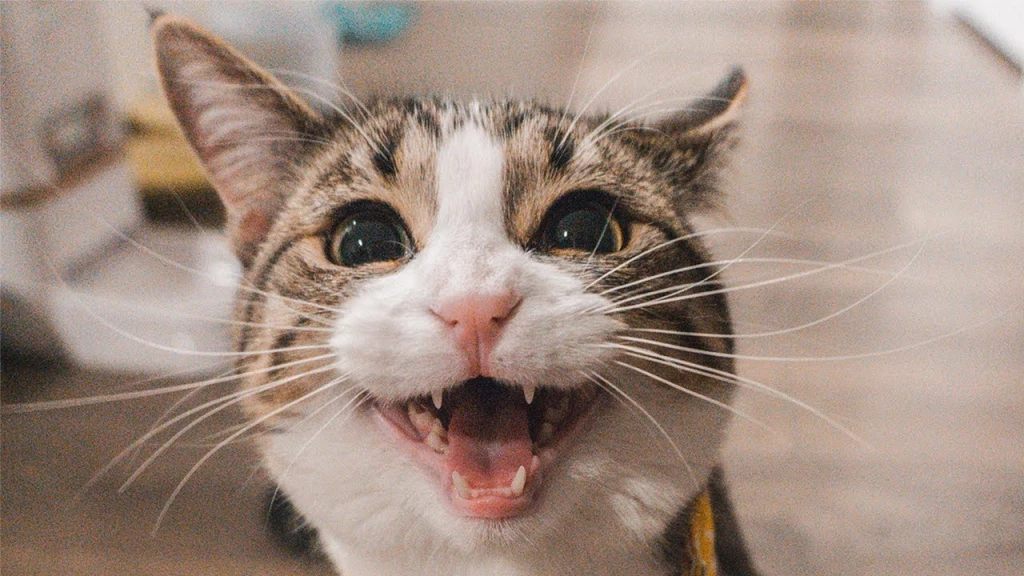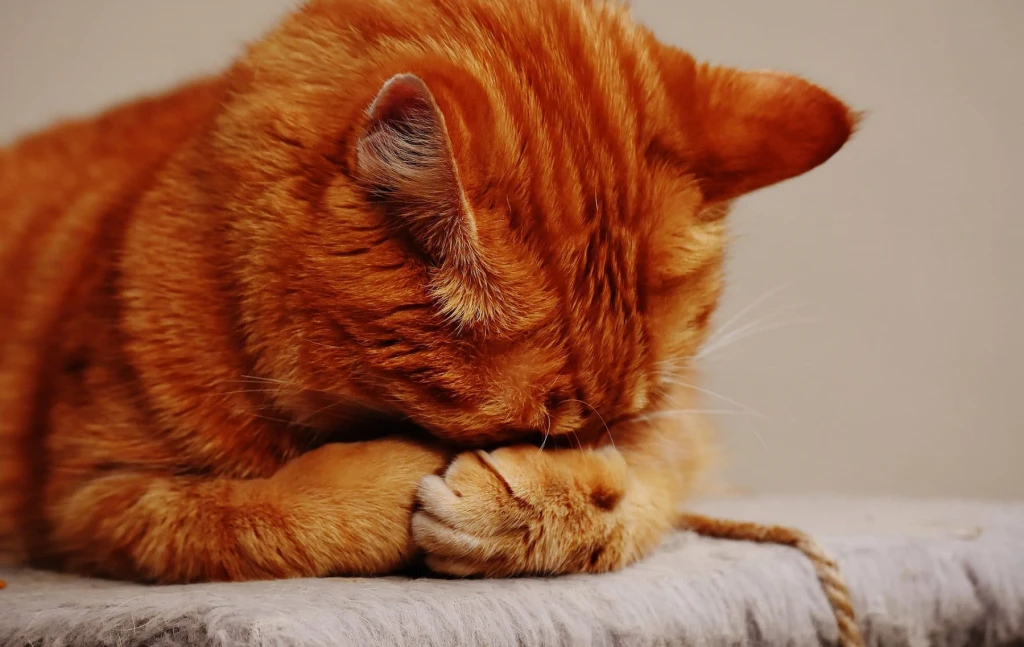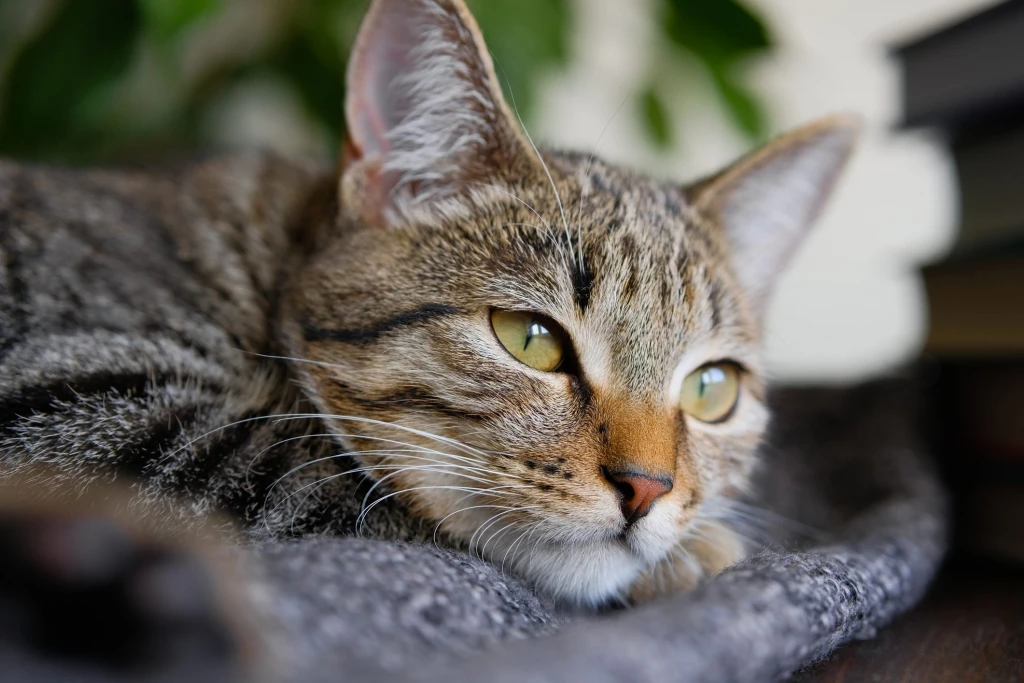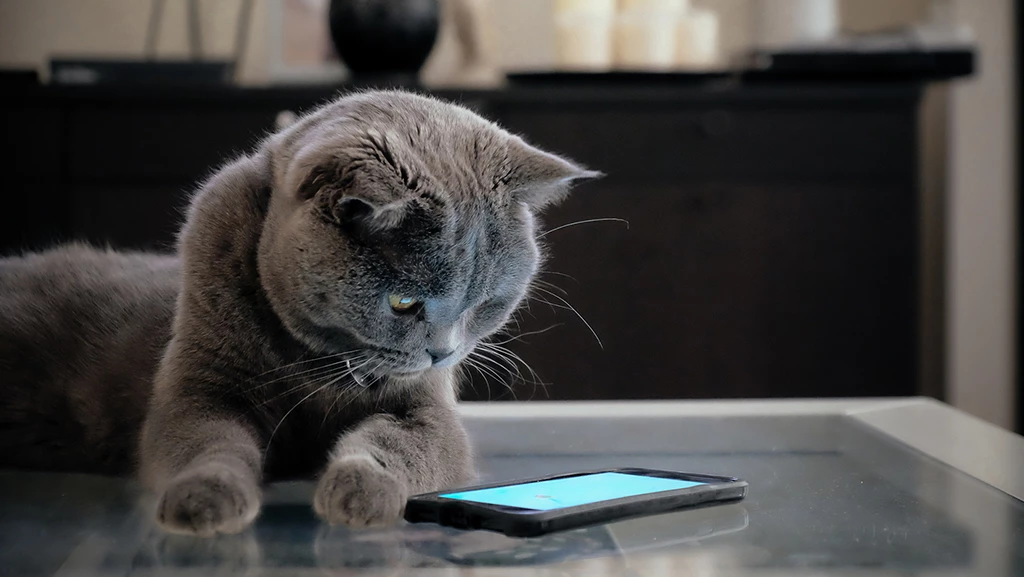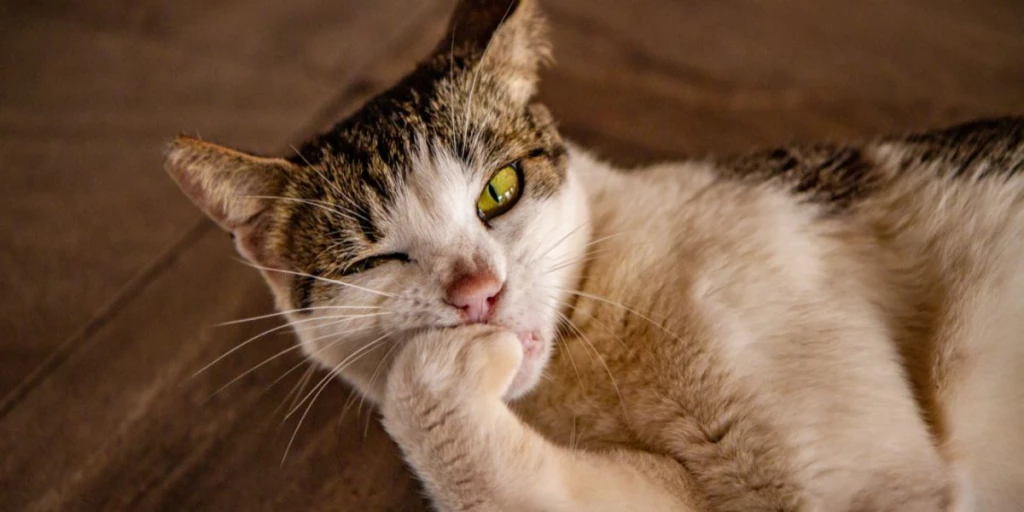Cats are known for their vocalizations, but one sound that often stands out is the scream that can occur during mating. This behavior can be alarming and even distressing to cat owners who are not familiar with it, and it can raise questions about the safety and well-being of the cats involved.
In this blog post, we'll explore the reasons why cats may scream during mating and what it means for their behavior and health. We'll examine the role of hormones in cat mating, the function of screaming in the mating process, and common myths about cat mating that may contribute to misunderstandings.
By understanding more about this behavior, cat owners can help ensure the safety and comfort of their feline companions, and appreciate the complexity and beauty of the natural processes that drive animal behavior.
Understanding the Mating Process
In order to understand why cats may scream during mating, it's important to have a basic understanding of how the mating process works for felines.
Cats are polygamous, which means that they mate with multiple partners during their breeding season. The breeding season for cats typically occurs from early spring to late fall, and during this time, female cats become sexually receptive and will mate with males.
When a male cat is interested in mating with a female, he will typically approach her and make a series of vocalizations and body postures to signal his intentions. If the female is receptive, she will respond with her own vocalizations and body postures, and the two cats will engage in a series of courtship behaviors.
During the actual mating process, the male cat will mount the female and insert his penis into her vagina. This process is often brief and can last anywhere from a few seconds to a few minutes.
After mating, the female may show signs of aggression towards the male and may even attempt to attack him. This behavior is thought to be a way for the female to protect her offspring from potential threats.
Understanding the mating process is an important first step in understanding why cats may scream during this behavior. In the next section, we'll explore the role of hormones in cat mating behavior and how it can affect vocalizations.---
Why Cats Scream When Mating
If you have ever heard cats mating, you might have wondered why they make such loud and unpleasant noises. It sounds more like a fight than a love affair, and it can be quite disturbing for humans and other animals nearby. But why do cats scream when mating? Is it a sign of pleasure, pain, or something else?
The answer is mostly pain, at least for the female cat. The main reason why cats scream when mating is because of the male cat's penis, which is covered with thorn-like keratinized spines. These spines are not present in kittens, but they develop when the male cat reaches puberty, usually at around six months of age. They also disappear when the male cat is neutered.
The spines on the male cat's penis have two important functions: to stimulate ovulation and to prevent escape. Unlike humans or dogs, female cats are induced ovulators, which means they do not release eggs from their ovaries until they mate. The act of mating stimulates ovulation by triggering a neuroendocrine response in the female cat. This response is caused by the barbed penis of the male cat, which scrapes the walls of the female cat's vagina during withdrawal. The scraping also causes a hormonal shock that can trigger aggressive behavior in the female cat.
The spines also serve to prevent the female cat from escaping before mating is completed. Some female cats may not be willing to mate, especially if they are loners or if the male cat is too rough. The male cat bites the female cat's neck to hold her in place and to show his dominance. He does this to protect himself from being attacked by the female cat, who may scream, spin, roll, or strike him with her paw.
Mating between cats is very brief, usually lasting only a few seconds. However, it can be repeated several times within an hour. Female cats need to mate three to four times in a 24-hour period in order to ensure ovulation and pregnancy. If they do not mate or ovulate during their heat cycle, they will go out of heat for a short period and then enter another heat cycle until they become pregnant or until the breeding season ends.
After mating, the female cat will roll or thrash around and then groom herself. She will also drive away the male cat if he tries to linger or mate again. She may then call for more mates, as she can mate with multiple males in a single heat cycle. This can result in a litter of kittens with different fathers.
The Role of Hormones in Mating Behavior
Hormones play a significant role in cat mating behavior, including the vocalizations that can occur during the process. Male cats produce a hormone called testosterone, which stimulates their sexual drive and behaviors, including their vocalizations.
During mating, male cats may make loud and intense vocalizations, including growling, yowling, and screaming. These vocalizations are thought to be a result of the high levels of testosterone in their system, which can cause them to become more aggressive and territorial.
Female cats also produce hormones during their breeding season that affect their mating behavior. When a female cat is in heat, she will release pheromones that signal to male cats that she is receptive to mating. These pheromones can also cause male cats to become more vocal and aggressive in their pursuit of the female.
It's important to note that while loud vocalizations can be a normal part of cat mating behavior, excessive vocalizations or signs of distress in either the male or female should be monitored closely. If you are concerned about your cat's behavior during mating, it's always best to consult with a veterinarian or animal behaviorist to ensure the safety and well-being of your pet.
The Function of Screaming in Cat Mating
Screaming is a common behavior that occurs during cat mating. While it can be alarming to witness, especially for those unfamiliar with the mating process, it serves an important function for the cats involved.
Male cats will often scream during mating as a way to assert their dominance and protect their territory. This behavior is thought to be a response to the high levels of testosterone in their system, which can cause them to become more aggressive and territorial. By vocalizing loudly, they are signaling to other male cats that this is their territory and that they should stay away.
For female cats, screaming during mating can be a way to signal to the male that they are not receptive to his advances. This behavior can occur if the female is not in heat or if she is not interested in mating with the male. By screaming, she is communicating her discomfort or disinterest and potentially deterring the male from continuing his advances.
It's important to note that while screaming can be a normal behavior during cat mating, excessive screaming or signs of distress in either the male or female should be monitored closely. If you are concerned about your cat's behavior during mating, it's always best to consult with a veterinarian or animal behaviorist to ensure the safety and well-being of your pet.
Other Vocalizations During Mating
In addition to screaming, cats may make a variety of other vocalizations during mating. These sounds can range from purring and chirping to growling and hissing, and each one can indicate something different about the cats' behavior and emotions.
Purring and chirping are often signs of contentment and pleasure during mating. These sounds indicate that the cats are comfortable with each other and enjoying the experience. However, it's important to note that not all cats will purr or chirp during mating, and the absence of these sounds does not necessarily indicate discomfort or displeasure.
Growling and hissing, on the other hand, can indicate aggression or discomfort during mating. These sounds may occur if the cats are not comfortable with each other or if they are competing for dominance. If these vocalizations become excessive or aggressive, it may be necessary to separate the cats to prevent injury.
It's also worth noting that not all cats will vocalize during mating. Some cats may prefer to mate in silence, while others may only make occasional sounds. The important thing is to monitor the cats' behavior and ensure that they are comfortable and safe during the mating process.
Common Myths About Cat Mating
There are many myths and misconceptions surrounding cat mating, and it's important to separate fact from fiction to ensure that cats are healthy and happy during the mating process. Here are some common myths about cat mating:
Myth #1: Cats only mate for pleasure.
While it's true that cats may enjoy the physical sensations of mating, the primary function of mating is reproduction. Female cats go into heat and release pheromones to attract male cats, and mating is necessary for fertilization and the production of kittens.
Myth #2: All cats scream during mating.
While screaming is a common vocalization during cat mating, not all cats will scream. Some cats may prefer to mate in silence, while others may make different sounds such as purring or growling.
Myth #3: Male cats are more aggressive during mating.
While male cats may appear more aggressive during mating due to their larger size and physical strength, female cats can also exhibit aggressive behavior during mating. This may occur if the cats are not comfortable with each other or if they are competing for dominance.
Myth #4: Cat mating is always consensual.
It's important to remember that cats cannot give consent like humans do, and it's the responsibility of the cat owners to ensure that both cats are comfortable and safe during mating. If one cat is exhibiting signs of discomfort or aggression, it may be necessary to separate them to prevent injury.
By understanding the facts and dispelling these common myths about cat mating, we can provide a safe and healthy environment for cats to mate and reproduce.
Conclusion
In conclusion, cat mating is a natural behavior that serves an important biological function. Screaming is a common vocalization during mating and is believed to play a role in the reproductive process by signaling to other cats in the area. However, it's important to remember that cat mating should always occur in a safe and comfortable environment for both cats, and that owners should be aware of the signs of discomfort or aggression.
By understanding the role of hormones, the function of vocalizations, and common myths about cat mating, we can provide a better understanding of this natural behavior. If you have any concerns about your cat's behavior during mating, it's always best to consult with a veterinarian or animal behaviorist to ensure the safety and well-being of your cat.
